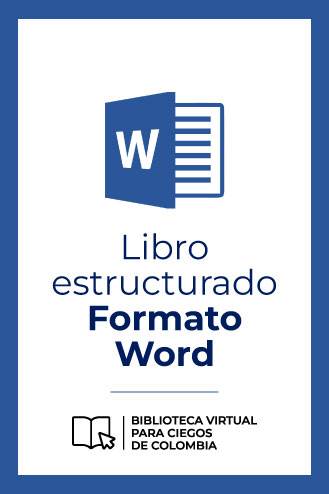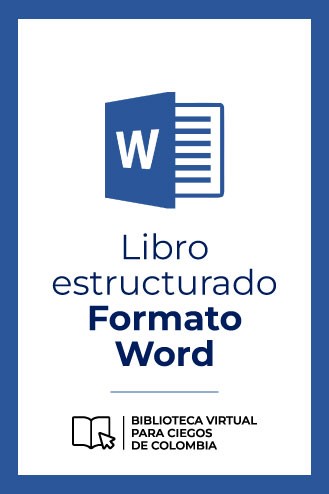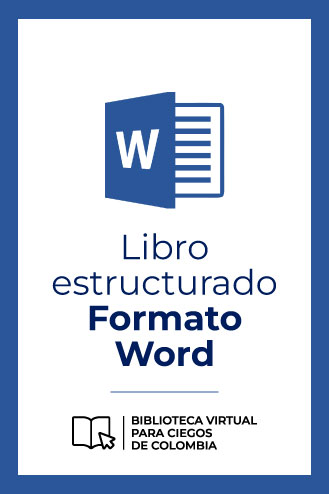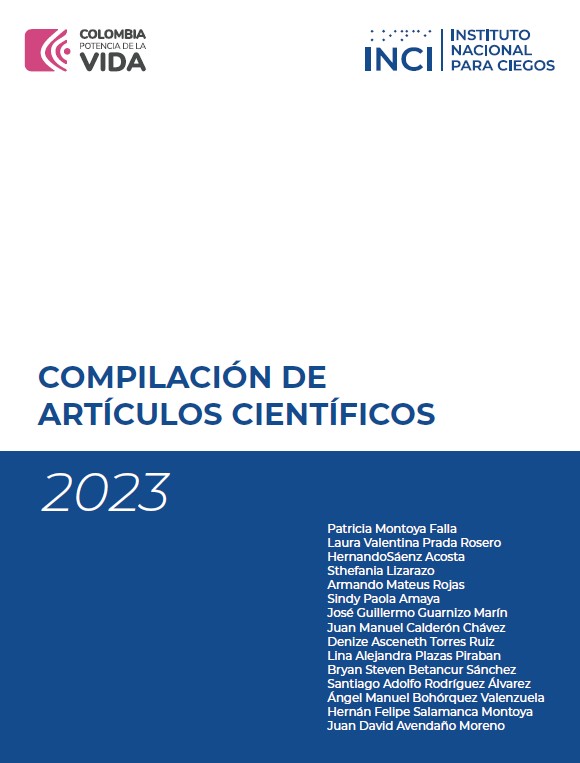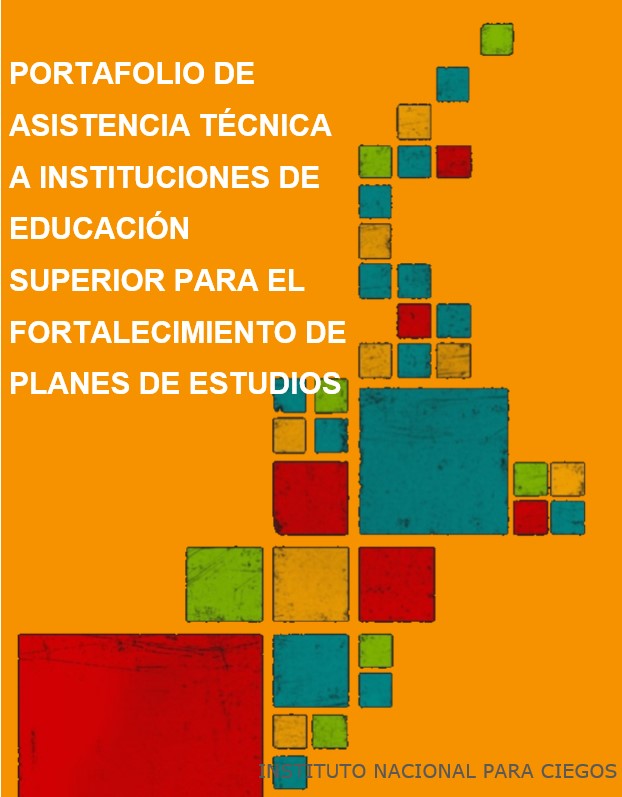Listar por Novedades
Revistas en Abierto: Envíos recientes
Mostrando ítems 1 al 20 de 124
Lista de resultados
-
Resumen(Ediciones Universidad Cooperativa de Colombia, 2022)En Argentina, el paso por la prisión agrava la situación de exclusión de las personas debido a la durabilidad formal de 10 años de los antecedentes penales desde el momento de la condena. Este artículo repone el proceso ...... Ver más
-
Resumen(Ediciones Universidad Cooperativa de Colombia, 2022)Este trabajo tuvo como objetivo realizar aportes para la evaluación de la política pública de acceso a la tierra para grupos asociativos, realizada a partir del estudio de la conformación y desarrollo de la organización ...... Ver más
-
Resumen(Ediciones Universidad Cooperativa de Colombia, 2022)O cooperativismo é uma alternativa viável para potencializar a inclusão produtiva de agricultores familiares ao proporcionar inovação na produção, distribuição e comercialização em mercados. O objetivo deste estudo é ...... Ver más
-
Resumen(Ediciones Universidad Cooperativa de Colombia, 2023)El objetivo de la investigación es apreciar las estrategias de comercialización de pequeños y medianos empresarios agropecuarios del área de cobertura del Centro de Biotecnología Agropecuaria (CBA) de Mosquera, Cundinamarca, ...... Ver más
-
Resumen(Ediciones Universidad Cooperativa de Colombia, 2023)El objetivo general del presente escrito es describir las relaciones que existen entre la agroecología, la economía solidaria y su estrategia denominada Circuitos Cortos de Comercialización (ccc). La metodología es de corte ...... Ver más
-
Resumen(Ediciones Universidad Cooperativa de Colombia, 2022)El presente artículo da cuenta del proceso de construcción teórico, metodológico y empírico del concepto de Territorios Solidarios, como una especie de marca que identifica una serie de experiencias que promueven el ...... Ver más
-
Resumen(Editorial UniversitariaCartagena, 2024)Este libro hace parte de la Colección Edgar Parra Chacón, que surge de la Cuarta convocatoria interna para la publicación de libros académicos y/o de creación artística, como parte del plan de convocatorias de la Vicerrectoría ...... Ver más
-
Resumen(Editorial UniversitariaCartagena, 2024)Este libro hace parte de la Colección Edgar Parra Chacón, que surge de la Cuarta convocatoria interna para la publicación de libros académicos y/o de creación artística, como parte del plan de convocatorias de la Vicerrectoría ...... Ver más
-
Resumen(Ediciones Universidad Cooperativa de Colombia, 2021)En este artículo se discuten las formas de comercialización de los productos agroalimentarios de base agroecológica de familias agricultoras, a través de los circuitos cortos. Se parte de la construcción social de los ...... Ver más
-
Resumen(Ediciones Universidad Cooperativa de Colombia, 2020)El análisis que se realiza en este artículo intenta traer a la discusión pública las funciones, responsabilidades y deberes que se le asigna a los comités de supervisión o juntas de vigilancias (como comúnmente se les ...... Ver más
-
Resumen(Ediciones Universidad Cooperativa de Colombia, 2020)Con este artículo se pretende identificar dónde se ubica la dinámica actual del sector cooperativo y solidario. Para lograr este objetivo se consulta a expertos sobre el escenario en que transita este sector actualmente, ...... Ver más
-
Resumen(Ediciones Universidad Cooperativa de Colombia, 2020)El objetivo de este estudio es recopilar la producción documental que se han publicado entre 1981 y 2018 acerca de las organizaciones solidarias de las provincias del sur de Santander. Con un enfoque cualitativo, se revisaron ...... Ver más
-
Resumen(Ediciones Universidad Cooperativa de Colombia, 2020)El presente estudio analiza la incidencia del comercio justo en el desarrollo del sector agroalimentario, mediante las prácticas productivas que realiza la población étnica afrocolombiana de la región del Norte del Cauca.... Ver más
-
Resumen(Ediciones Universidad Cooperativa de Colombia, 2020)En este estudio se realizó un análisis bibliométrico de la producción científica (282 artículos) de la categoría economía solidaria en el periodo 2010-2019 en la base de datos Web of Science. Se identificó un aumento en ...... Ver más
-
Resumen(Ediciones Universidad Cooperativa de Colombia, 2020)La economía solidaria ha evolucionado durante más de 40 años, a tal grado que algunos investigadores ven a las provincias del sur de Santander como un escenario del Modelo Cooperativista, una gran alternativa de desarrollo ...... Ver más
-
Resumen(Instituto Nacional para Ciegos-INCI, 2023)Nos permitimos presentar a continuación la “Primera Compilación de Investigaciones académicas” que reúne los resultados de investigaciones generados a partir de la acción conjunta de la academia y el Instituto Nacional ...... Ver más
-
Resumen(Instituto Nacional Para Ciegos–INCI, 2023)El Instituto Nacional para Ciegos - INCI, en el marco de su competencia, como ente asesor, y cumpliendo con el actual Plan estratégico del 2023 - 2026 “Hacia una inclusión sin barreras”, brinda asesoría y asistencia técnica ...... Ver más
-
Resumen(Ediciones Universidad Cooperativa de Colombia, Bogotá, ColombiaExternoCiencia Inclusiva, 2018-08)Purpose:This article shows how female victims of sexual violence in the context of the armed conflict are still waiting to be repaired, despite the provisions in the Colombian regulations, which, since the Justice and Peace ...... Ver más
-
Resumen(Ediciones Universidad Cooperativa de Colombia, Bogotá, ColombiaExternoCiencia Inclusiva, 2018-04)Purpose: To reflect on two ways of adopting democracy, as a form of government and as a way of life, in order to establish its relationship with biopolitics from social psychology—as a psychology that is political—based ...... Ver más
-
Resumen(Ediciones Universidad Cooperativa de Colombia, Bogotá, ColombiaExternoCiencia Inclusiva, 2018-04)Introduction: In the last decades there has been a substantial change in the position of women in the labor market, although it cannot yet be said that there is an equal share of jobs between men and women. On the one hand, ...... Ver más







